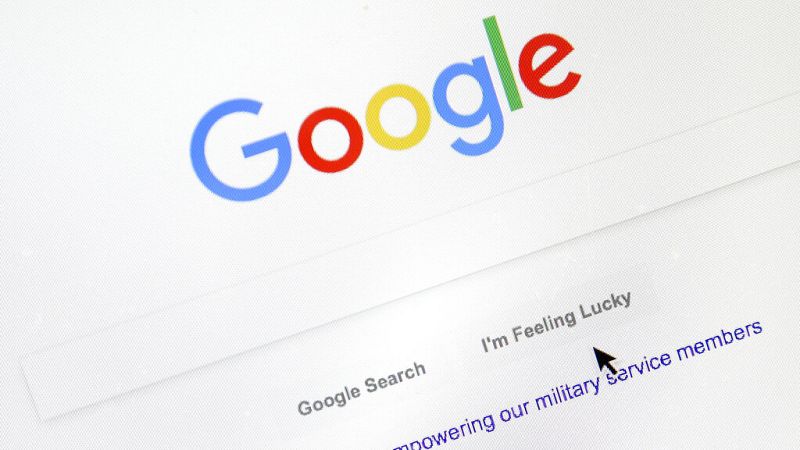European judges rap Google over access denied to auto app

The European Court of Justice has ruled that Google’s refusal to allow a digital platform developed by Enel access to its Android Auto platform was an abuse of dominance, even if the platform is not indispensable to the commercial operation of Enel’s app.
The ruling follows a referral from the Italian Council of State after an Italian antitrust authority decision fining Alphabet (Google) €102m in 2021 for preventing Enel's JuicePass from accessing Android Auto.
JuicePass is an App which enables drivers to find and reserve charging stations for electric vehicles, while Google’s Android Auto allows drivers to access smartphone apps through a dashboard screen.
Google challenged the decision of the Italian antitrust watchdog arguing that lack of access to Android Auto did not prevent effective competition in the electric vehicle charging apps sector, as demonstrated by the significant growth of JuicePass as well as the presence of other similar apps in Italy.
The tech giant also claimed it needed to develop a new template for accessing Android Auto that met applicable security requirements which didn't exist when JuicePass requested access.
The European Court confirmed that Google abused its market dominance for failing to make Android Auto interoperable with Enel's app, even if Android Auto was not indispensable for JuicePass's commercial operation and was a means of making the app more attractive to consumers. Google's dominance was not affected by the fact that JuicePass continued to thrive on the market, despite not being on the platform.
"While we [Google] have now launched the feature Enel requested, it was relevant for only 0.04% of cars in Italy when Enel originally asked for it,” Google said in a statement, adding: "We prioritise building the features drivers need most because we believe that innovation should be driven by user demand, not specific companies' requests.”
The court also ruled in favour of Google on one of its arguments, finding that a dominant company's inability to ensure interoperability of an app may be justified if at the time the template would compromise the integrity or security of the platform concerned.
The court’s decision is final and the Italian antitrust authority will now have to rule on Google's appeal in accordance with the judgment.
Today

